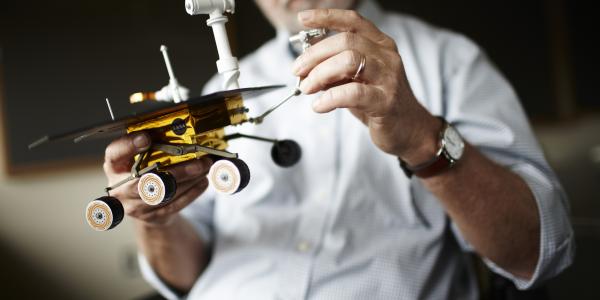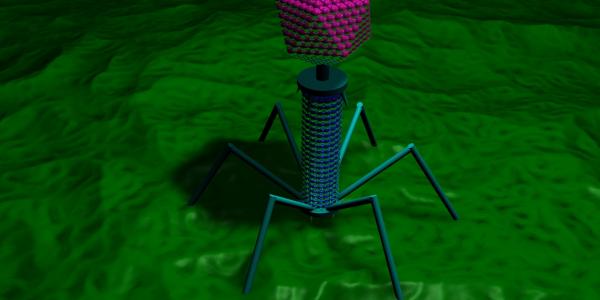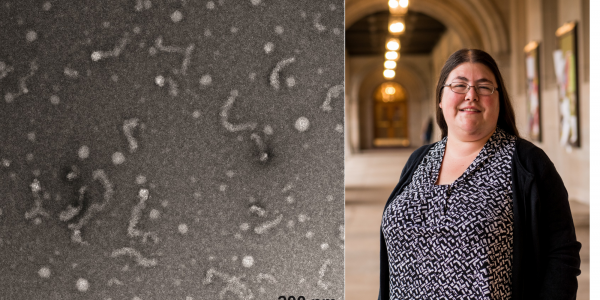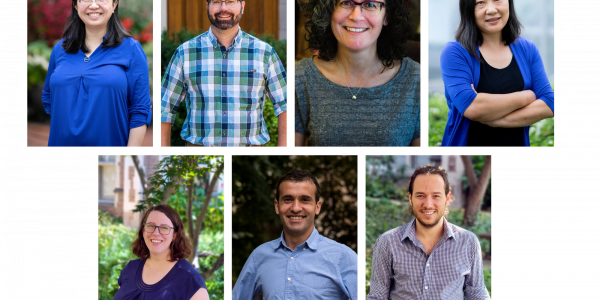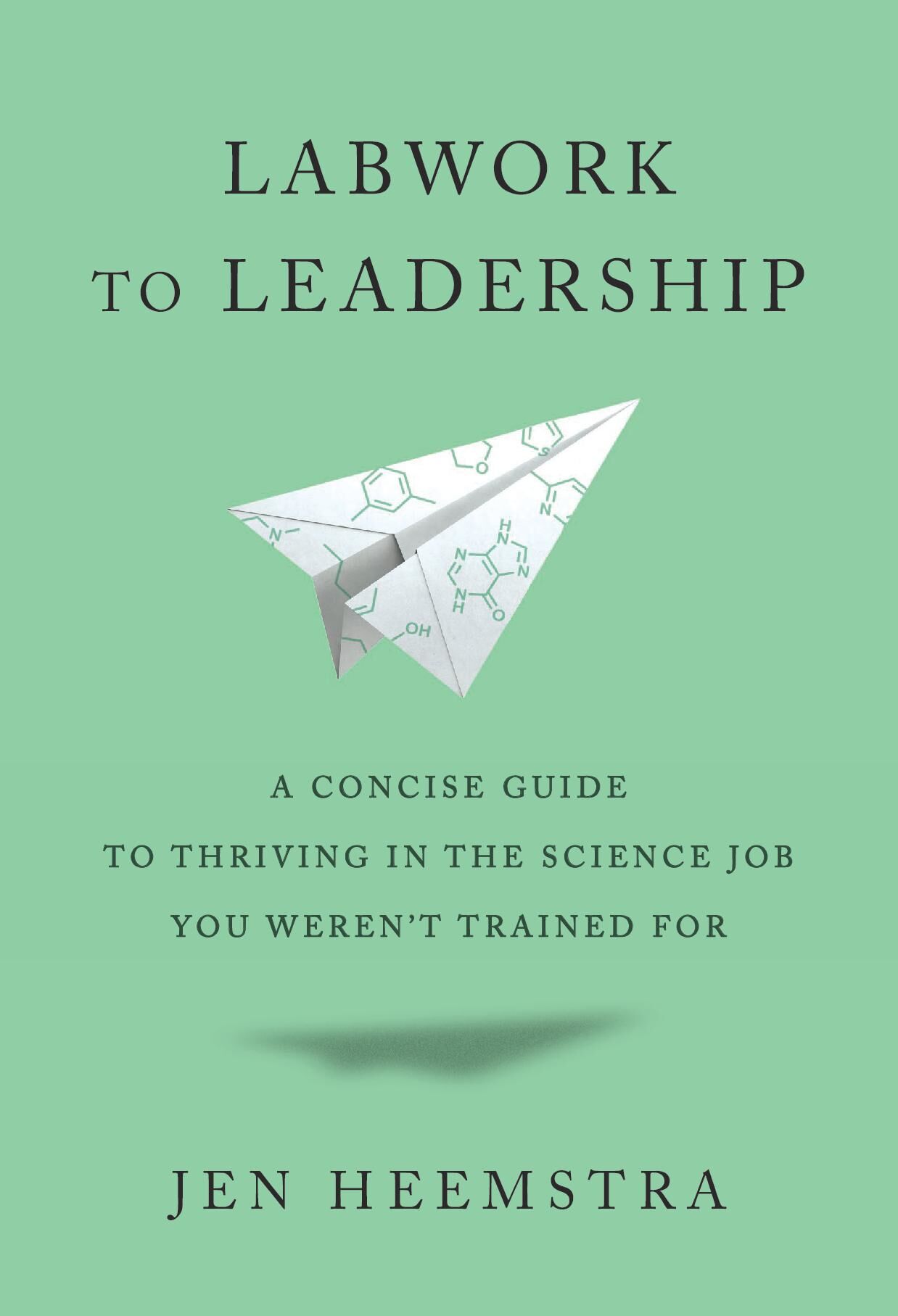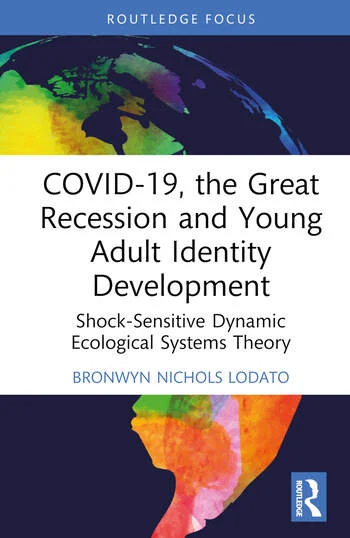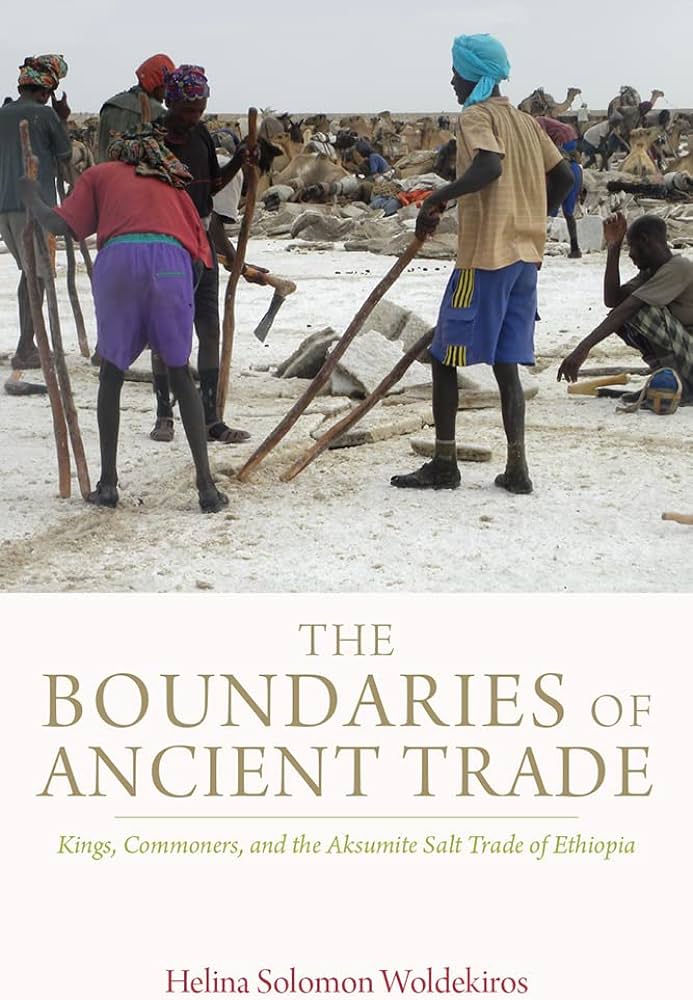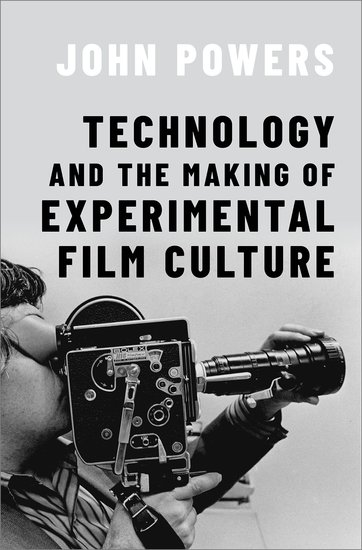One of the distinguishing characteristics of a great university is its ability to contribute new knowledge through research. Faculty in Arts & Sciences are frequently recognized around the world for their research leadership. In addition to faculty, both graduate and undergraduate students are critical to research and often play a hands-on role in major projects.
Fostering connections — among disciplines and throughout the research community — is an idea that lies at the heart of Arts & Sciences research. Our faculty are pioneering interdisciplinary approaches for investigating some of the planet’s most intractable challenges, such as climate change, antibiotic resistance, and global food insecurity. Our vibrant campus serves as an incubator for original ideas and scholarly innovations across disciplines and among faculty and students.
In Arts & Sciences, we are uniquely positioned to bring together scientific and humanistic approaches that will develop critical perspectives on global heath, the environment, social issues, and policy. Such topics form the basis for engaging our students in a variety of academic research projects both in the US and abroad. Our new initiatives address complex problems for society’s benefit, focusing on diversity, community, and culture.

